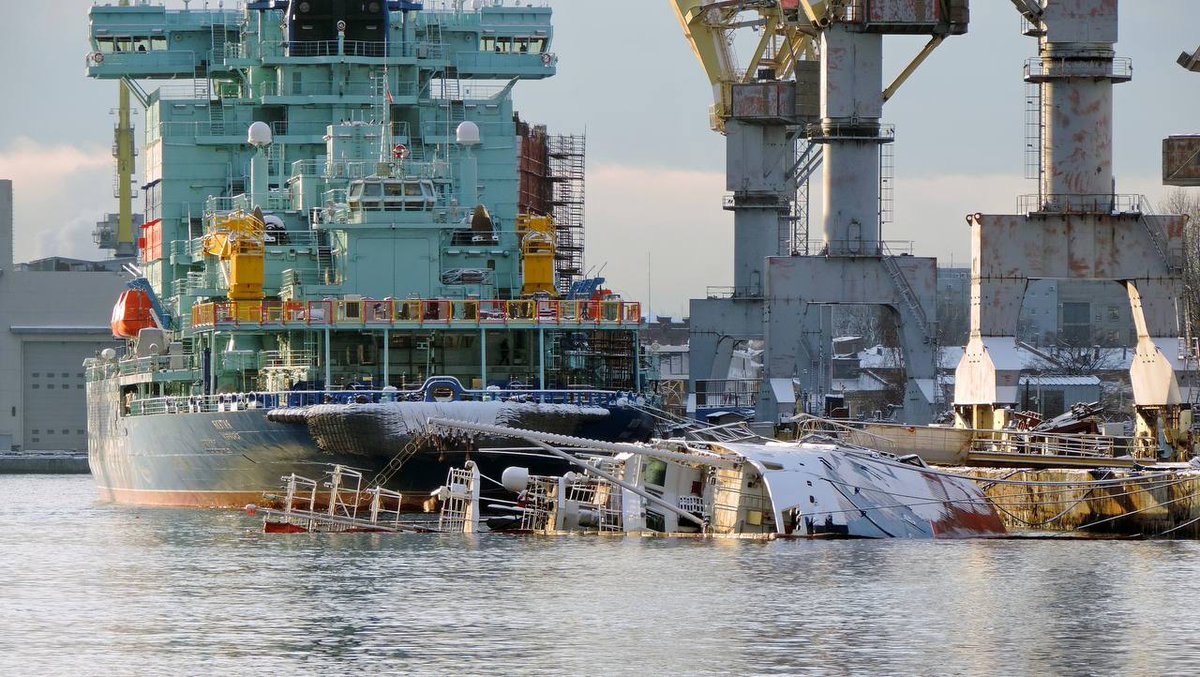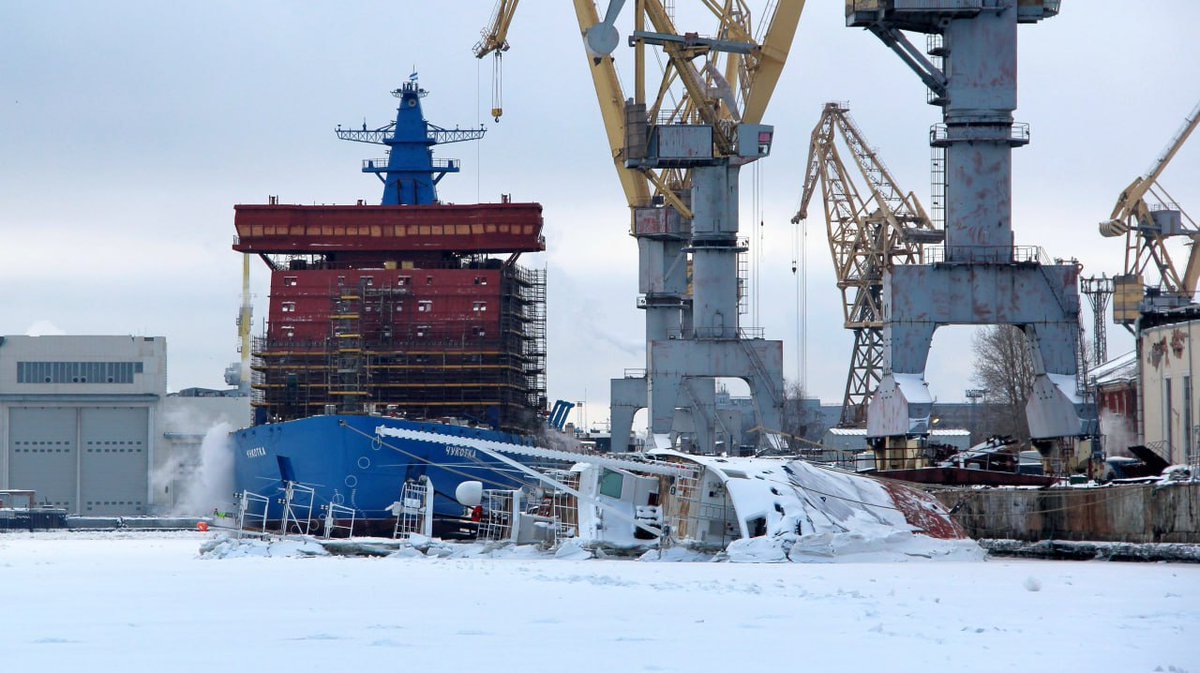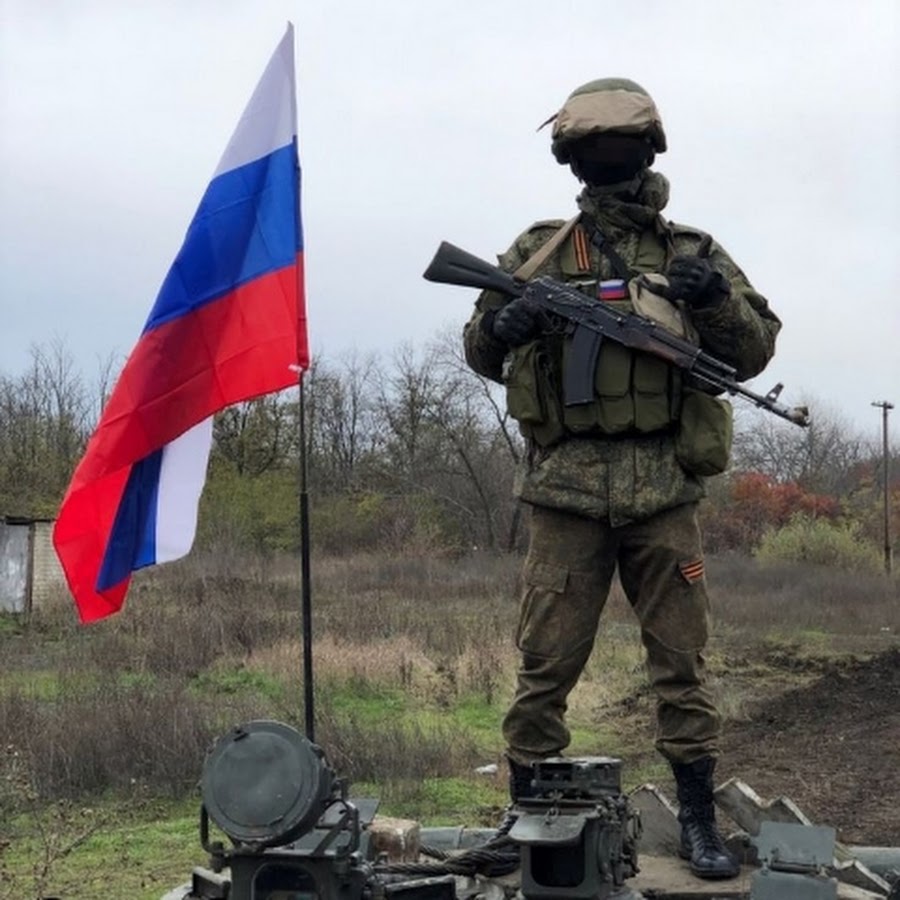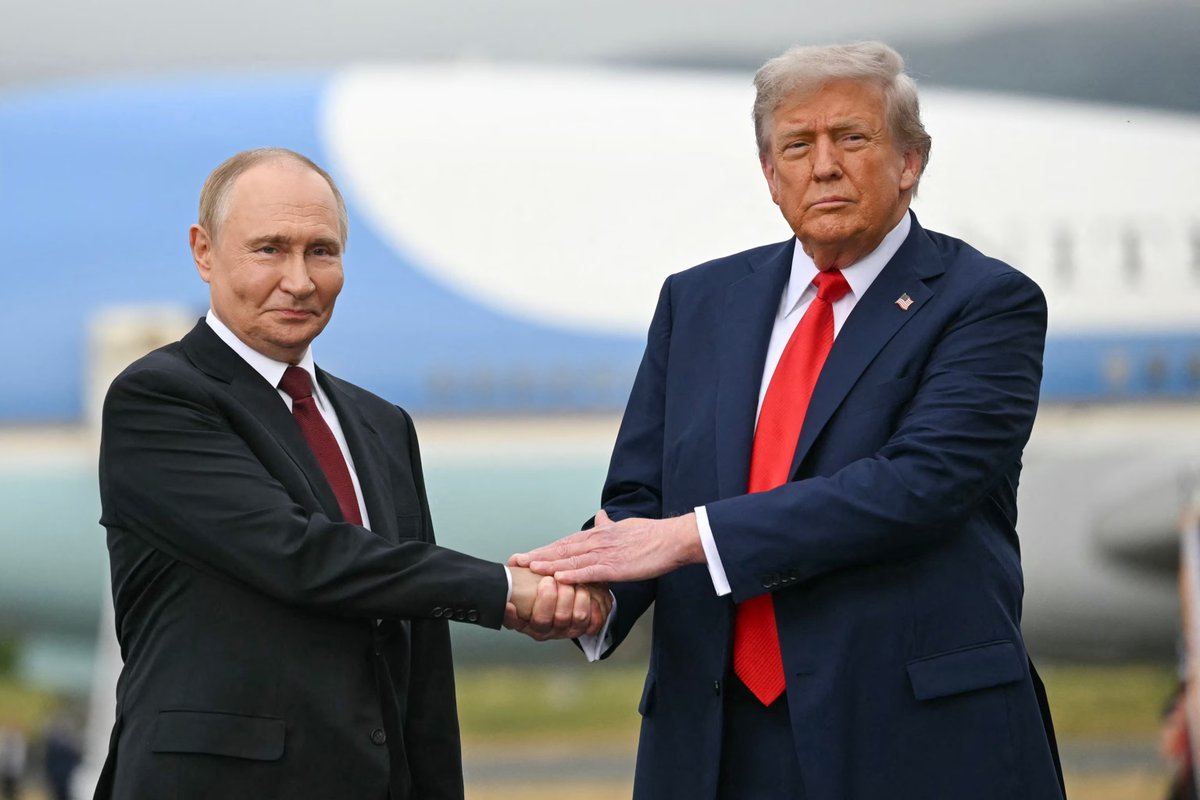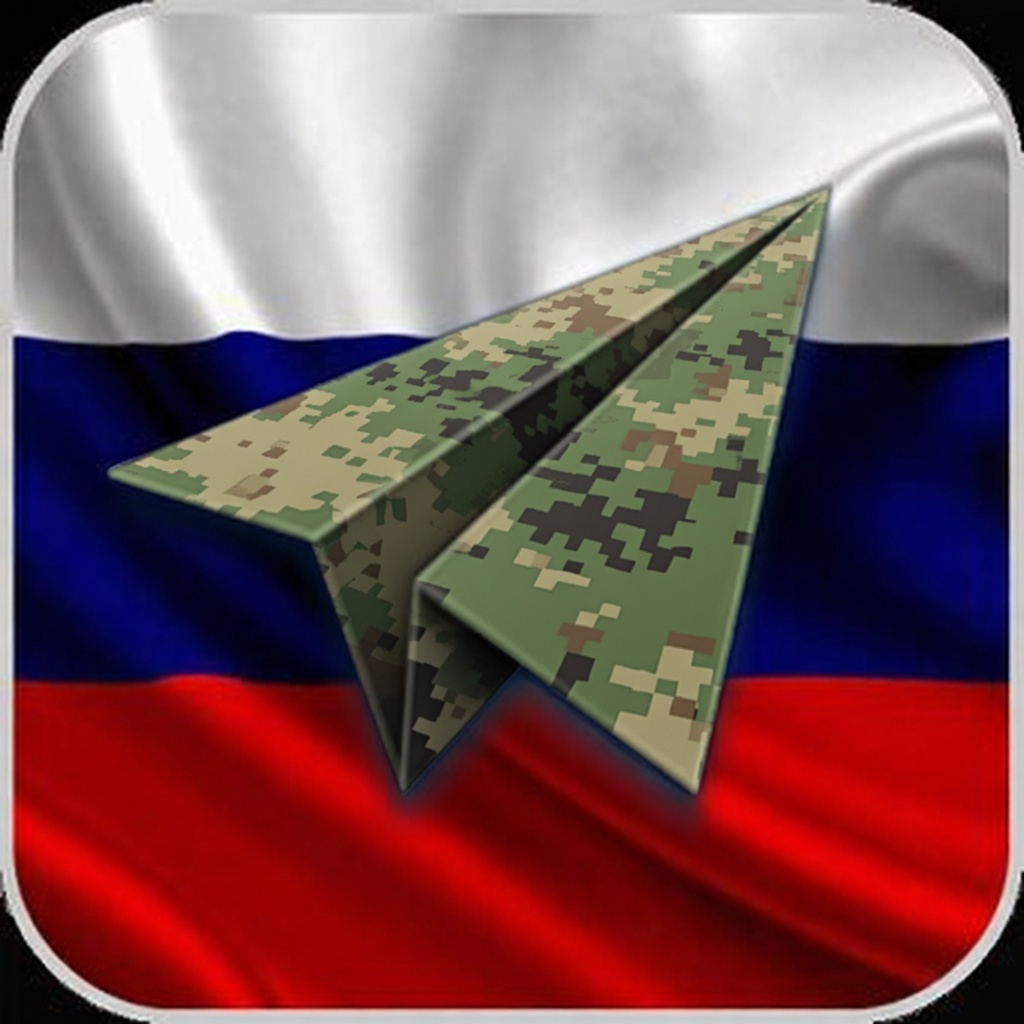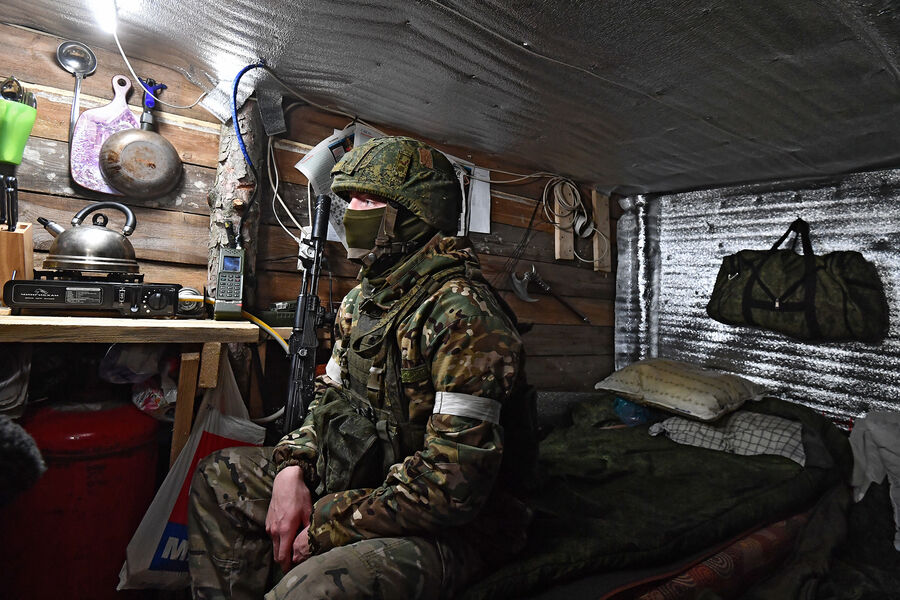1/ A Russian forensic specialist was sent to Ukraine and made a tank platoon commander with no previous experience and little training. After being seriously injured and seeing many abuses perpetrated by officers, he deserted and has since told his story. ⬇️ 

2/ Vyacheslav Astakhov originally trained in criminology and joined the Russian police in the 2010s, but quit after four years after he "realised that the people there were rotten from top to bottom". This left him with serious financial problems, so he joined the Russian Army.
3/ He obtained a posting to the Arctic island of Novaya Zemlya, where soldiers can attract double pay becausxe of the difficult conditions. His remote posting was not immediately affected by Russia's full-scale invasion of Ukraine in February 2022.
4/ Astakhov's contract was due to expire in August 2022, but he was threatened with imprisonment if he did not sign a renewal. In September, he was promoted to an officer rank on account of his higher education and was sent for training at Mulino in the Nizhny Novgorod region.
5/ He was shocked by the chaos and disorganisation he witnessed, with newly mobilised men and volunteers being given no training before being sent to the front line. "No training or drills, a group arrived, they dressed them, shod them, and took them away, like a conveyor belt."
6/ Although he himself was reluctant to go to war, he observed how mobilised men who objected were treated as "cowards and "enemies of the people" for the command – they were sent by force straight to the front lines." He was arbitrarily made a tank platoon commander.
7/ Astakhov told his superiors that he had never dealt with tanks and was not ready for the responsibility. "They started feeding me lies, saying that I wasn't the only one and that they were going to send me to St. Petersburg for a month of training.
8/ "I still didn't sign the documents to accept the position and went to the leadership with a request to leave me with the training unit, since I don't know how to fight and am not ready. They also told me that they would train me, but all the positions in the unit were filled.
9/ The only thing they offered was a choice between a tank platoon commander and a motorised rifle platoon commander. With a heavy heart, I chose the tank platoon."
He was sent for training, but it was farcically inadequate and very badly managed.
He was sent for training, but it was farcically inadequate and very badly managed.
10/ "It was even more chaotic there: everyone was drinking, there was filth and rats. The training was superficial: they spent a couple of days explaining how to start the system in the tank, fired a couple of shots at targets, and fired automatic weapons.
11/ "When I returned to the unit, I said that we didn't understand what we were doing, and the leadership started to look at me askance, and their attitude changed immediately. They said that I would be taught everything there, at war.
12/ "I realized that it was impossible to come to an agreement on a human level, so I went to the Rostov prosecutor's office with a complaint that I was being sent to command without any knowledge of the technology.
13/ "The chief, a colonel, immediately started with attacks and threats — that I was a coward, a deserter, that I should be put in jail."
A sympathetic captain persuaded the colonel to let Astakhov stay at the training ground for more training and to help out with paperwork.
A sympathetic captain persuaded the colonel to let Astakhov stay at the training ground for more training and to help out with paperwork.
14/ He stayed there for a couple of weeks longer before being sent to Krasny Luch in Ukraine on 10 March 2023 and being assigned to the 8th tank company near Makiivka. A notoriously brutal commander with the callsign 'Viking' took over in May and conditions immediately worsened. 

15/ "The entire company there were drunks, I was transferred to the commander's reinforcement with another platoon commander, to keep an eye on the drunks.
16/ "The leadership immediately said that I would be "responsible for the personnel", that they needed to "show that I was a commander", "make them obey by any means, not drink and not do nonsense". I was shocked, talked frankly with the guys, asked why they were drinking.
17/ "And they signed contracts for six months, thinking to serve and come back – some had loans, families, some wanted to finish building a house. But the contracts turned out to be indefinite, some had already served for nine months, some for a year.
18/ "And people could not stand it – they drank, because their psyche failed. Of course, I did not beat anyone or put moral pressure on anyone – I tried to solve everything humanely."
(Drug and alcohol abuse is endemic in the Russian army.)
(Drug and alcohol abuse is endemic in the Russian army.)
https://x.com/ChrisO_wiki/status/1709182299399467478
19/ The soldiers lived at first in an abandoned stable but were kicked out into a nearby forest because of their constant drinking. They were told to "live there like dogs" in dugouts and shelters they had to construct themselves.
20/ "The leadership demanded that people be beaten, tied to trees and put in pits so that they would not drink. They said, “Otherwise we will send you and them to assaults with a one-way ticket.”"
https://x.com/ChrisO_wiki/status/1902093738588901503
21/ The tank itself became Astakhov's home, with its crew forbidden to shelter despite constant drone attacks and shelling. "They drove us day and night, we lived on the tank, with no food or washing facilities." 
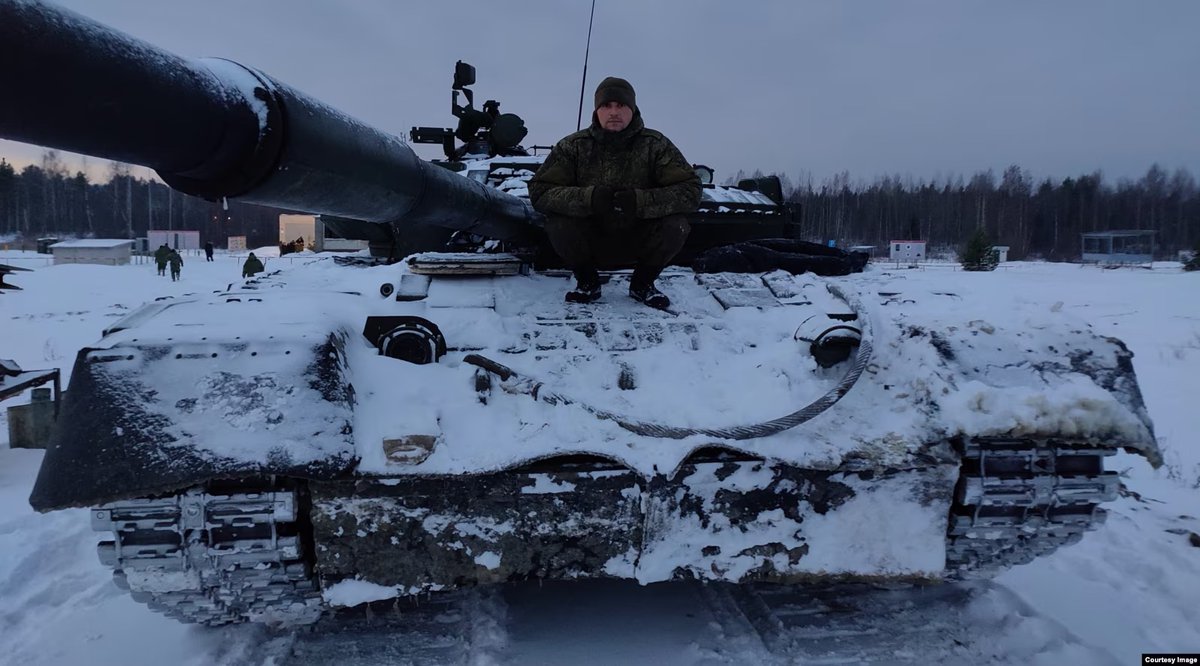
22/ "I rode on the turret, and they wouldn't let me leave without orders, even when there was a return flight [incoming fire]. After a couple of weeks, I told the battalion commander that I would simply be killed on the turret, and agreed to sit at a distance with a radio.
23/ "But when the company commander returned from leave, he said, “That's all nonsense, you have to sit on the tank, it's more fun that way,” he was a bad guy, he loved the adrenaline rush."
24/ The T-80 tanks themselves were old and chronically unreliable. "“They were half dead, there were five of them, two didn't work — we took parts from them when the others broke down."
25/ "And they broke down constantly, we repaired everything ourselves, there were no tools in the whole regiment. But they constantly demanded that we drive under threat of being sent to storm.
26/ "The second platoon commander, Andrei Sinitsyn, began arguing with the battalion commander over stupid orders – that people were being sent to stand in an open field all day under drones and shells, that they were being treated like animals.
27/ "Viking drove up in a car and sent him to [the stormtrooper unit] Storm Z."
Men who displeased Viking were tied to trees or tanks, or thrown into pits in the ground for days on end. Others were beaten up. In one instance, a man whose morale had broken refused to fight.
Men who displeased Viking were tied to trees or tanks, or thrown into pits in the ground for days on end. Others were beaten up. In one instance, a man whose morale had broken refused to fight.
28/ "The battalion commander came, beat him up, handcuffed him to a tank for three days. But he started drinking again, the battalion commander freaked out, sent him to Storm Z. Before that, he lined up the whole company and said:
29/ "This jerk won't serve here, he needs to be sent to storm so that he dies there along with the prisoners.""
Astakhov says that everyone in his unit regarded the war as "Putin's nonsense" and were motivated purely by survival.
Astakhov says that everyone in his unit regarded the war as "Putin's nonsense" and were motivated purely by survival.
30/ His fiancée Kristina travelled to Ukraine with volunteers delivering supplies and stayed there, living in a tent near the front line so that she could see Astakhov every weekend. She had the opportunity to meet his colleagues and assess their attitude towards the war.
31/ Kristina says: "Among the ordinary guys, no one supported the war at all, out of 10 people I spoke to, not one wanted to fight, there was no violence inside the company, there was no spirit of killers. And in response, they were called cowards, beaten."
32/ "There is no justice there, no humane attitude, it is unrealistic to come to an agreement with the command, everything is forced, with intimidation - at the slightest provocation, "we will send you to storm".
33/ "That is why people begin to despair: it is unrealistic to remain mentally stable and adequate there."
In October 2023, Astakhov's tank was blown up during the offensive on Avdiivka. He was the only member of his crew to survive.
In October 2023, Astakhov's tank was blown up during the offensive on Avdiivka. He was the only member of his crew to survive.

34/ He was knocked out and woke up to find himself on fire, sustaining serious injuries – a badly burned face, ears and hands, with fragmentation injuries to his knee and an eye. After walking a kilometer and a half for help, he was evacuated to Rostov. 

35/ Despite the severity of his injuries and post-traumatic stress disorder, he was not granted disability and was rated as fit to continue commanding tanks. He decided to desert and leave Russia during a two-month convalescence at home during March-May 2024.
36/ With the help of the dissident group 'Go To The Forest', Astakhov fled to Armenia, he is supporting himself with odd jobs while aspiring to travel to a safer country where he can get treatment to restore the sight in his damaged eye. Kristina is still in Russia.
37/ Ivan Chuvilyaev of 'Go To The Forest' says that Astakhov was lucky to get the opportunity to leave. "Once in Ukraine ... they can’t just up and run away. They are in occupied territory, there are FSB, Russian Guard and military police checkpoints everywhere."
38/ "Everything is in plain sight there. For an unsuccessful attempt at desertion a soldier can be sent to a pit, a basement, in a storm or reset to zero [executed]. And they desert from hospitals, it’s a safe method.
39/ "There are also “taxi drivers” – locals who are ready to take people through checkpoints in their cars, but this is also very risky. That’s why few people flee their units – except perhaps prisoners who have nothing to lose." /end
Source:
severreal.org/a/dezertir-vya…
Source:
severreal.org/a/dezertir-vya…
• • •
Missing some Tweet in this thread? You can try to
force a refresh


